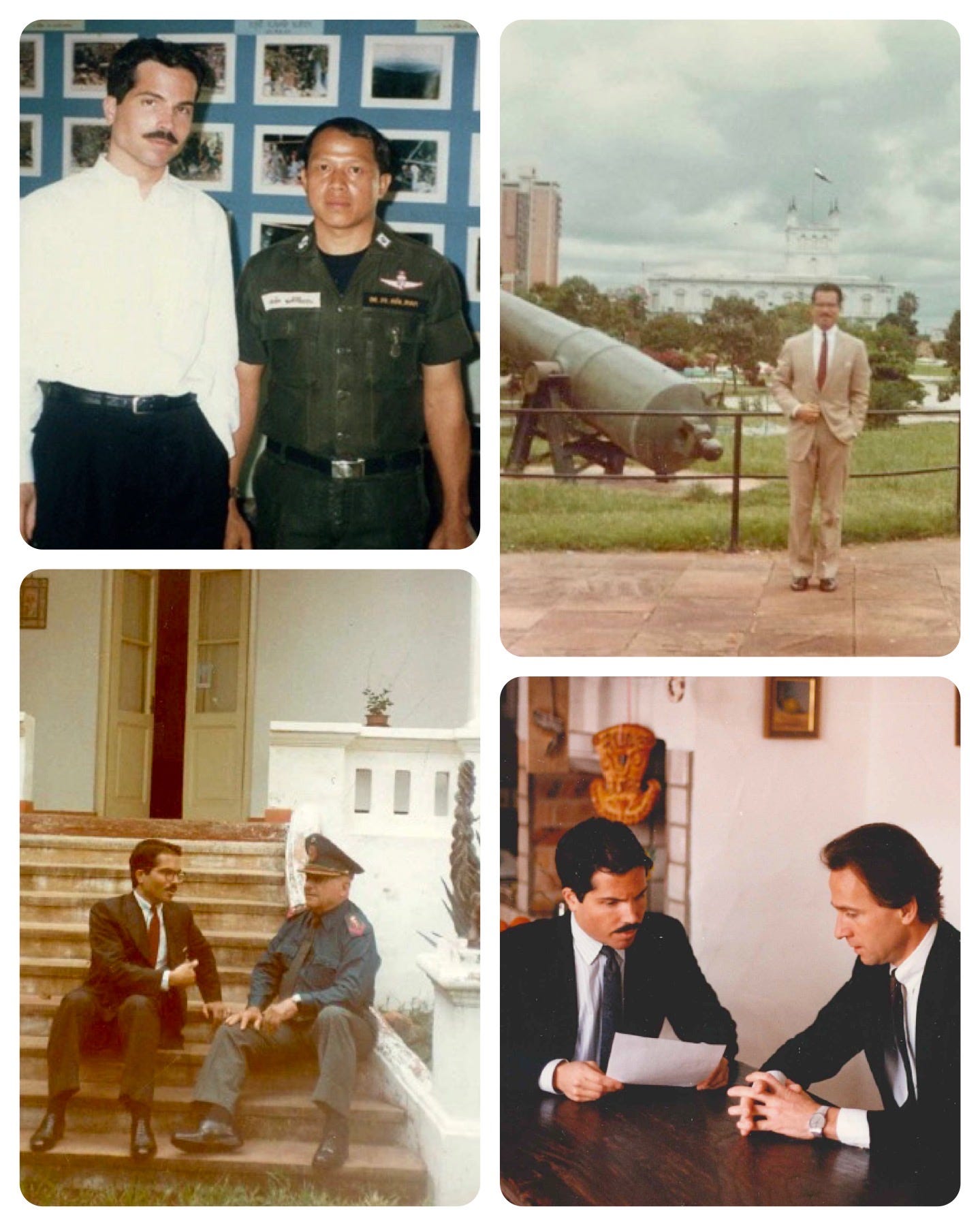Six Lessons from Decades of Investigative Reporting
There are no shortcuts for in-person interviews and research but a little luck helps

I get a lot of unsolicited email from strangers. I am not complaining since I have an easy to use contact form on my website. Emails pile up in my inbox when I am on a deadline. During frenetic stretches while working on a book, I do not reply sometimes for several months. However, I ultimately answer all except for the occasional, nasty personal attack (the anonymous haters wishing me a miserable death or eternity in hell are invariably in a fury over my conclusion that Oswald alone killed JFK).
Those emails cover a lot of subjects. Some describe possible fraud or public corruption they want me to investigate. Others have questions related to one of my books or articles. A few suggest topics they hope I will put on the sh…



